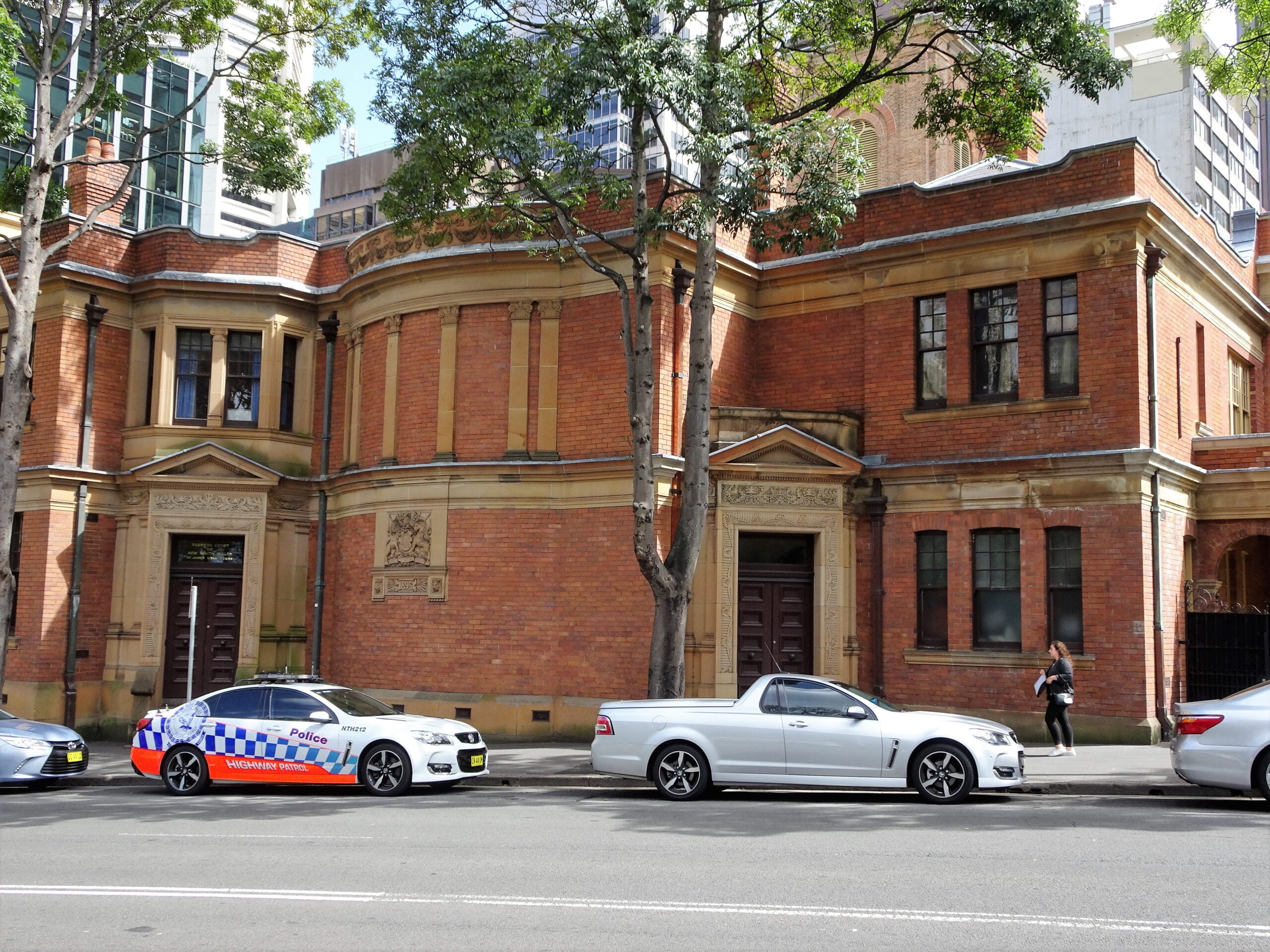Sexual Consent Law Reform in New South Wales
The laws surrounding sexual assault have changed in New South Wales.
Previously, a person engaging in a sexual act was not required to ensure the person they were having sex with gave affirmative consent (that is, consent by express action or words).
New consent laws have been legislated, following recent reforms to the Crimes Act 1900 (NSW) (the Act), which now includes an affirmative model of consent and requires active communication between parties to physical sexual acts. These changes were made to the Act on 10 November 2021, when the Crimes Legislation Amendment (Sexual Consent Reforms) Bill 2021 (NSW) was passed.
The new section 61HK(2) of the Act states that:
‘…a belief that the other person consents to sexual activity is not reasonable if the accused person did not, within a reasonable time before or at the time of the sexual activity, say or do anything to find out whether the other person consents to the sexual activity’.
What were the old consent laws?
Sections 61I to 61K of the Act set out the different sexual assault offences in NSW, and what the prosecution is required to prove, beyond a reasonable doubt, to establish guilt.
The elements of a sexual assault are provided under section 61I of the Act, which requires proof of the following:
- sexual intercourse had occurred;
- the sexual intercourse was without the consent of another person; and
- the accused knew the complainant did not consent to sexual intercourse.
The concept of consent was previously defined in section 61HE, which has now been replaced by 61HK. Consent was formerly defined as a free and voluntary agreement to participate in sexual activity.
A person was taken to have knowledge that the alleged victim did not consent to sexual activity if:
- the person knew the alleged victim did not consent to the sexual activity, or
- the person was reckless as to whether the alleged victim did not consent to the sexual activity, or
- the person had no reasonable grounds for believing that the alleged victim consented to the sexual activity.
The Act further provided a list of circumstances where a person was not able to consent to sexual activity, and would negate any consent previously given. These circumstances included:
- the complainant did not have capacity to consent, because of age or cognitive incapacity;
- the complainant did not have the opportunity to consent because he or she was unconscious or asleep;
- the complainant only gave consent because he or she was threatened;
- the complainant only gave consent because he or she was unlawfully detained.
The Impact of R v Lazarus
The old consent laws were the subject of criticism because of the outcome of the sexual assault case R v Lazarus. The case attracted media reports, such as the Four Corners investigation, ‘I am that Girl’.
The controversy in the Lazarus case was that the accused, Mr Luke Lazarus, had been acquitted on the charge of sexually assaulting an 18 year old female. The acquittal came about because the Court determined that Lazarus had a genuine belief that the complainant was consenting to the sexual activity. At this time, there was no requirement for Mr Lazarus to ensure the complainant gave affirmative consent.

The changes under the Crimes Legislation Amendment (Sexual Consent Reforms) Bill 2021
In response to R v Lazarus, the NSW Parliament introduced the Crimes Legislation Amendment (Sexual Consent Reforms) Bill 2021 (the Bill). These amendments limit the circumstances in which a person could rely on the proposition that he or she reasonably believed the alleged victim was consenting to sexual activity.
61H ObjectiveAn objective of this Subdivision is to recognise the following—
- every person has a right to choose whether or not to participate in a sexual activity,
- consent to a sexual activity is not to be presumed,
- consensual sexual activity involves ongoing and mutual communication, decision-making and free and voluntary agreement between the persons participating in the sexual activity.
Section 61HF of the Act provides further context in relation to this new form of consent, and provides that consent is not to be presumed and can only be ascertained through ongoing and mutual communication between the those participating in the sexual activity.
Further amendments, including the inclusion of s 61HI to the Act, build upon the limited circumstances in which a person is taken not to have consented to sexual activity.
Relevantly, the Act now prescribes that a person does not consent to sexual activity if that person does nothing to communicate consent.
In response to the changes to the Act, new jury directions have been implemented to educate jurors. We have extracted some of these from the Judicial Commission of NSW’s website, below:
Responses to giving evidence
[Summarise the submissions about the conclusions that might be drawn from the manner in which the evidence was given.] You must bear in mind that trauma may affect people differently, which means some people may show obvious signs of emotion or distress when giving evidence about an alleged sexual offence, but others may not. The absence of emotion or distress does not necessarily mean a person is not telling the truth about an alleged sexual offence, any more than the presence of emotion or distress means they are telling the truth about it.
Circumstances in which non-consensual sexual activity occurs — s 292A
You must bear in mind that non-consensual sexual activity can occur in many different circumstances and between different kinds of people including people who know one another/people who are married to one another/people who are in an established relationship with one another.
Responses to non-consensual sexual activity — s 292B
You must avoid making an assessment about whether or not the complainant consented to the sexual activity the subject of the charge/s on the basis of any preconceived ideas you might have about how people respond to non-consensual activity. There is no typical or normal response to non-consensual sexual activity and people may respond to non-consensual sexual activity in different ways, including by freezing and not saying or doing anything.
Lack of physical injury, violence or threats — s 292C
[Summarise the evidence and the parties’ arguments on this issue]. People who do not consent to a sexual activity may not be physically injured or subjected to violence, or threatened with physical injury or violence. The absence of injury or violence, or threats of injury or violence, does not necessarily mean the complainant was not telling the truth about [describe relevant sexual activity].
Behaviour and appearance of complainant — s 292E
You should not assume the complainant consented to [describe relevant sexual activity] because [she/he] [was wearing particular clothing and/or had a particular appearance / consumed alcohol or another drug / was present in a particular location].
Potential issues
Although public commentary has generally been welcoming of the Bill, some have argued that it does not go far enough or that it fixes the wrong problems. University of New South Wales Professor, Annie Cossins, is of the view that, if not implemented correctly, the creation of a communicative model of consent could further entrench cultural stereotypes about the conduct of complainants.
The Bill also doesn’t appear to address a number of the concerns raised by ACON NSW, including that the proposed section 61HJ(1)(f) may, in operation, have the effect of requiring people to reveal their gender history or gender experience in order to ensure consent.
NSW Law Society’s Young Lawyers Criminal Law Committee also made the following comments, which Dowson Turco endorses:
The Committee submits it would be helpful to include a paragraph clearly stating what an accused person must know in respect of circumstances in which a person does not consent. While the Committee accepts that it will largely be clear that a person knows another person doesn’t consent where they know of, for example, their intoxication, other circumstances included in s 61HJ are not as clear. In particular, the Committee submits that it is not clear whether, in respect of the circumstances contained in s 61HJ(e) – (g), whether an accused person must know only about the force/coercion/mistake/fraud/etc, or whether the accused person must also know that the person participates in the sexual activity because of force/coercion/mistake/fraud/etc. The Committee submits that the position should be made clear in s 61HK.

The law on sexual consent is complex
Sexual consent is a highly complex area of the law, and to date, it has been difficult for policy makers to strike an appropriate balance between the rights of complainants and the rights of people accused of serious crimes. The Dowson Turco crime team has, for example, represented many clients charged with sex offences and has successfully defended many clients in trials and hearings before the Children’s Court of NSW, the Local Court of NSW, the District Court of NSW, and the Supreme Court of NSW (including the Court of Criminal Appeal).
Further advice
Dowson Turco’s indictable crime team works closely with all of its clients to understand the details of their case, the circumstances in which they are alleged to have committed an offence, and the nature of their relationships with alleged victims. Similarly, our crime team works closely with clients who intend to plead guilty to charged offences, but may want to make a plea in mitigation and have our team prepare comprehensive arguments that are consistent with sentencing laws but highlight the special circumstances of a client including their mental impairments, cognitive impairments, childhood trauma or upbringing.
To get in touch with our firm you can send us a confidential email to enquiries@dowsonturco.com.au or call us, confidentially, on (02) 8000 7300. You can also find us on Google, Facebook and LinkedIn.



